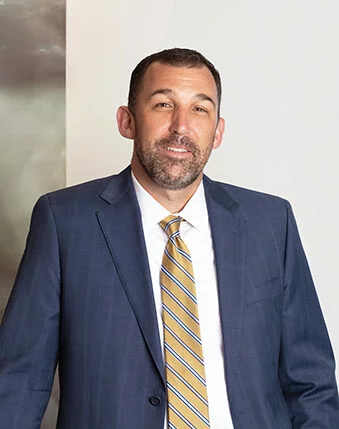Safeguarding Yourself from What You May Not Know
With big ticket items like Earned Sick and Safe Time and Paid Family Medical Leave passed in the 2022- 2023 Minnesota Legislative Session getting most of the attention, you may have missed some of the smaller items that can get employers in trouble. Wage Disclosure Protections are one of them.
Wage Disclosure Protections under Minnesota Statutes section 181.172 first made news in 2014 when made into law in the Minnesota Women’s Economic Security Act. Since 2014 181.172 has prohibited employers from requiring employees to keep their wages confidential. The theory at the time was that allowing employees to share wage information would identify and eliminate wage discrepancies based on illegal discrimination, sex discrimination in particular.
While the prohibition is nine years old, I actually saw a violation of the Protections just this week while reviewing a potential employee-side case. Of course, this was in an employee handbook that looked like it hadn’t been updated in twenty years.
As of July 2023, the prohibition has been expanded. Minnesota employers are now prohibited from requiring applicants to share their pay history, asking about it, or even considering it. The proponents of this restriction reasoned that an applicant’s wage history might incorporate a history of illegal discrimination, and so by basing future compensation on past compensation, the new employer may be perpetuating this discrimination, even if not engaging in it directly.
But an employer making a job offer is in the position of any purchaser. A buyer of a car for instance wants the best possible price. What others are paying for the same car is a very helpful piece of information. An employer is simply purchasing labor— the time and services of the new employee. What other employers are willing to pay for these same services is a fairly logical basis for making an offer. So what are employers to do?
Dealing with the first two restrictions is fairly simple—just remove any such questions or requirements from your application process. But what about the third restriction—not considering wage history? Certainly like most things an employer can’t base employment decisions upon—race, religion, gender, age, ethnicity, etc.—the first layer of protection is to simply not collect the information in the first place. There may be situations, such as a small industry, where competitors know each other’s wage scales and if an applicant is coming from a competitor, probably have a good idea of what the applicant is making. Or, an applicant might blurt out his current or previous rate of pay. In that case, the best you can do is ensure that no record of this information is contained in the interview notes or any document related to the hiring decision.
Going forward, the most effective way for employers to discover what they need to offer an applicant to entice them to take the job will be to change the question from the past or present tense to the future tense. Instead of “what did you make at your last job?” or “how much are you making now?” employers should ask “how much do you expect to make at this job?” or “what would it take to get you to come work for us?”


